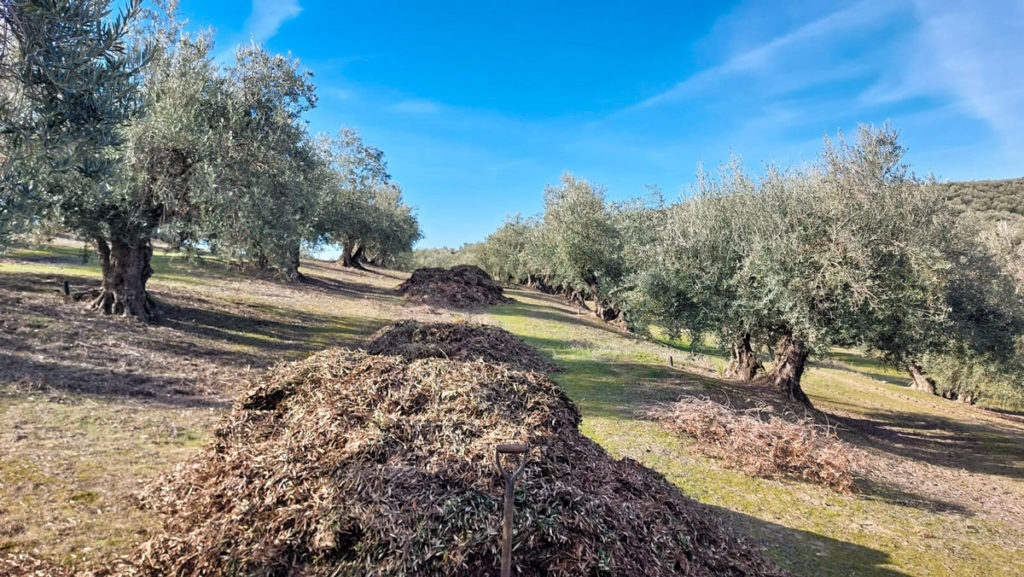- Sector : Sustainable Agriculture and Waste Management
- Location : Tunisia

Overview
A Tunisian agri-tech initiative is pioneering a closed-loop solution to transform agricultural waste into climate-smart products. By converting olive oil residues, livestock manure, and other organic materials into biochar, compost, biostimulants, and renewable energy, the project seeks to cut emissions, restore degraded soils, and advance Tunisia’s green economy transition.
Located in Nabeul’s industrial zone, the facility is designed to process up to 60,000 tonnes of organic waste annually. Alongside soil regeneration products, it is expected to generate 0.87 GWh of clean electricity through biomethanization. With strong local stakeholder backing and alignment with national sustainability strategies, the initiative is scheduled to pilot in 2025 and scale operations through 2026–2027.
The Challenge
Tunisia’s agricultural sector is facing a dual crisis: it is both a major emitter of greenhouse gases and increasingly vulnerable to soil degradation, chemical overuse, and unmanaged waste. Toxic olive mill effluents and other agricultural residues are often dumped or burned, contaminating ecosystems and accelerating biodiversity loss. At the same time, the sector struggles with rural unemployment, particularly among women and youth.
SCF’s Involvement – Technical Assistance
SCF designed a comprehensive Technical Assistance package to validate the technical and commercial viability of a regenerative agriculture technology solution in Tunisia, de-risking investment through systematic testing and market validation. The Technical Assistance is structured in two integrated phases over an estimated 15-month timeline:
Phase 1: Technical Validation & Market Research
- Technical validation of the pyrolysis process and the properties of biochar derived from Tunisian agricultural residues, including alignment with national and international quality standards;
- Regulatory and environmental assessment, to explore potential carbon credit pathways;
- Market research and commercial strategy to identify target customer segments, benchmark price sensitivity and confirm barriers to adoption to inform future go-to-market and scale-up strategies.
Phase 2: Agronomic Field Trials
While agronomic field trials remain an important next step to validate product efficacy, they are expected to take place in a subsequent phase. These trials will evaluate the agronomic performance of compost, biochar, and biostimulants under local soil and climate conditions and generate data to support product validation and local adaptation.
By producing early-stage technical and financial evidence, the phased Technical Assistance approach will help inform investment decisions, supports regulatory approval processes and lay the foundation for carbon finance integration and broader adoption of regenerative agriculture solutions in Tunisia and beyond.
Our Target Impact
The project delivers strong environmental and socio-economic benefits through circular resource use, local value creation, and climate-smart innovation.
-

SDG 13 Climate Action
Sequesters 2,000 tons of CO₂ annually through biochar; avoids emissions from organic waste and olive mill wastewater.
-

SDG 8 Decent Work and Economic Growth
Promotes green job creation, skills training, and rural employment opportunities in sustainable agriculture.
-

SDG 5 Gender Equality
Implements women-focused training programs and aims to empower rural women in regenerative practices and entrepreneurship.
-

SDG 12 Responsible Consumption and Production
Prevents pollution from practices like open burning, dumping, and uncontrolled discharge of organic waste.


